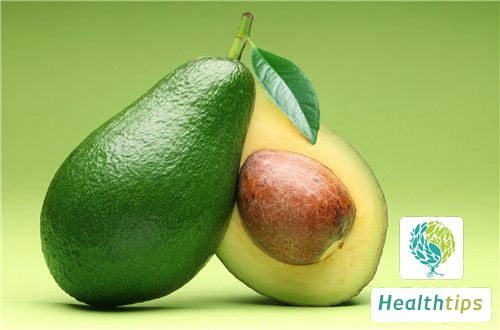"How Can I Avoid Catching a Cold After Getting Wet in the Rain?"
Preventing Colds and Flu After Getting Wet in the Rain

When people get wet in the rain, they often worry about developing colds or fever. To prevent this, it's crucial to take immediate steps to stay warm. This includes taking a hot shower as soon as possible, changing into dry clothes, and consuming warm chicken soup, which has a warming effect. Additionally, eating radishes can help prevent colds due to their ability to dispel cold and detoxify the body.
1. Drinking Chicken Soup
Chicken soup can inhibit inflammation in the throat and respiratory tract, effectively relieving symptoms such as nasal congestion, runny nose, cough, and sore throat caused by colds. Chicken contains essential amino acids and is rich in nutrients, significantly enhancing the body's resistance to cold viruses. It also contains special chemicals that improve blood circulation in the throat and nasal secretions, aiding in keeping the respiratory tract clear, eliminating viruses, and accelerating recovery from colds.
2. Eating More Radishes
Radishes have been proven to have unique effects in preventing and treating colds. To make an effective remedy, chop crisp and juicy radishes, extract half a teacup of juice, and mix it with grated ginger juice, sugar, or honey. Drink this mixture three times daily for two days to clear heat, detoxify, dispel cold, and prevent colds.
3. Drinking Ginger and Sugar Tea
Colds are often caused by external wind-cold pathogens, leading to symptoms like headaches, nasal congestion, runny nose, joint pain, chills, and fever. A combination of brown sugar, ginger, and black tea, brewed and consumed once or twice daily, can warm the body, dispel cold, and effectively prevent colds.
4. Reducing Salt Intake
Studies show that reducing sodium intake can increase the amount of lysozyme in saliva, protecting the mucous membranes of the mouth and throat. This encourages the secretion of more immunoglobulin A and interferons to combat cold viruses. Therefore, limiting daily salt intake to less than 5 grams is beneficial for preventing colds.
5. Taking Honey
Honey contains various bioactive substances that stimulate the immune system. Consuming honey twice daily, in the morning and evening, can effectively treat and prevent colds and other viral illnesses.
6. Consuming Yeast
Yeast used in breadmaking contains a component that prevents cold viruses from multiplying in human cells. While it can treat common colds, it is ineffective against influenza.



















